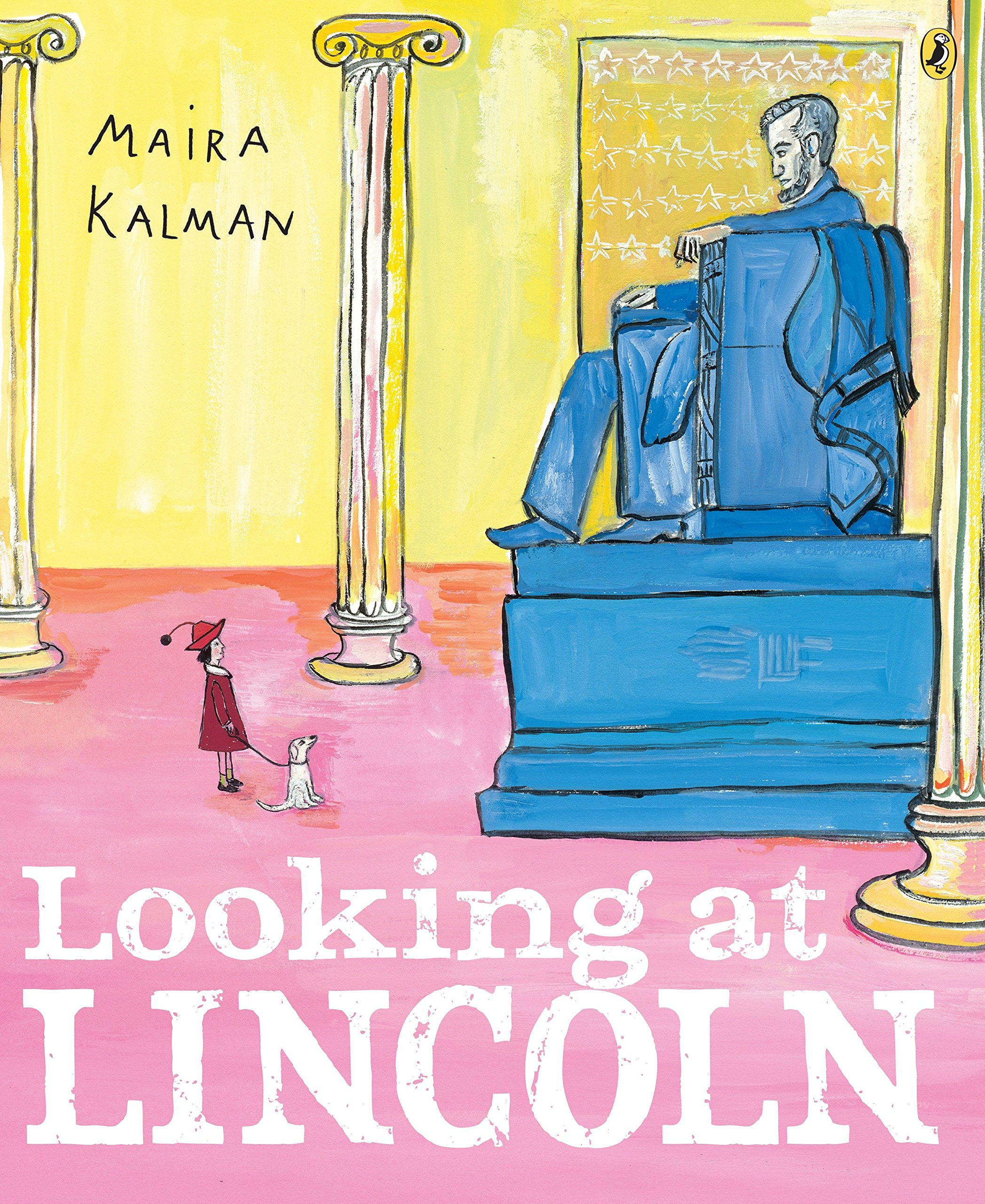Who was Lincoln really? This little girl wants to find out. She discovers, among other things, that our sixteenth president was a man who believed in freedom for all, had a dog named Fido, loved Mozart, apples, and his wife’s vanilla cake, and kept his notes in his hat. From his boyhood in a log cabin to his famous presidency and untimely death, Maira Kalman shares Lincoln’s remarkable life with young readers in a fresh and exciting way.
This informative patriotic/America book can be used in speech therapy to address character analysis and inferencing. It is also great for noticing illustrations and for targeting /br/ and /l/ sounds! Discover more of the speech and language teaching concepts for using Looking at Lincoln in speech therapy below:



